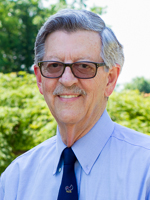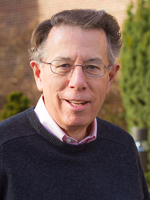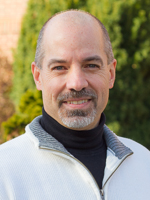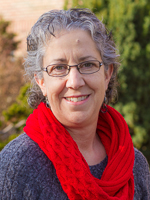At the beginning of the new 2015 year, the M.A. in Biomedicine program has reached its fourth successful year as a distinguished masters program. Students are invited to pursue any one of its three tracks including Biomedical Science, Biomedical Teaching, or Biomedical Leadership. The courses are designed to prepare students to be successful leaders and medical professionals in various careers represented throughout medicine.
Students are taught in a transdisciplinary approach, which means that the courses required to complete the program span a breadth of concentrations from medical sciences to faith and ethics studies. This transdisciplinary approach ensures that the “shalom” philosophy (or wholeness of the individual) emphasized in the program is established in its students. This ultimately prepares them to understand the physical, mental, spiritual, and social dimensions of their future patients.
As the program continues to flourish academically, a seven member Consulting Biomedicine Team has been appointed to enhance the clinical component of the learning process by helping students integrate teachings from the classroom with real-world practices. It is a pleasure to introduce to you the members of the Team. These health care professionals represent the diversity of medicine and are joining us with a wealth of knowledge, insights, and counsel to share with our Biomedicine students and faculty.
Meet the Team!
Dr. Longacher is the biomedicine’s program first “scholar-in-residence”. He earned his Bachelor’s degree in 1959 from EMC and received his MD from the Medical College of Virginia in Richmond. He became a general practitioner in Appalachia under Mennonite Central Committee after interning at a hospital in Pennsylvania and later returned to Richmond for a residency in internal medicine and gastroenterology. He practiced gastroenterology in Richmond from 1975 to 2013, and was also an adjunct professor of medicine at the Virginia Commonwealth University School of Medicine.
Dr. Eshleman is a long-time faculty member and former department chair at the Virginia Commonwealth University (VCU) School of Dentistry. He has mentored a number of EMU graduates attending the dental school, and continues to teach part-time.
Randall Longenecker: 
Family Physician and Assistant Dean of Rural and Underserved Programs at Ohio University Heritage College of Osteopathic Medicine. Dr. Longenecker is a 1975 EMU graduate and his special interests are in family-oriented perinatal care by family physicians, medical ethics, a reflective practice model of professional education and development, and rural medical education.
Joseph B. Martin:
Former Dean of two medical schools, The University of California at San Francisco and Harvard Medical School. Dr. Martin completed his undergraduate studies at Eastern Mennonite College and University of Alberta in Canada. After medical school, he completed his residency in neurology at Case Western Reserve University and received his Ph.D. in anatomy from the University of Rochester. His mission during his time at Harvard Medical School was “To create and nurture a community of the best people committed to leadership in alleviating human suffering caused by disease.”
Dr. Moyer is a retired Cardiologist from the Franconia area in southeastern Pennsylvania. He earned his Bachelor’s degree from Goshen College and his MD from Case Western Reserve University School of Medicine. He is now a regular visiting physician in India and Albania.
Dr. Wenger is a family physician at Sentara RMH Integrative Medicine. He graduated from Philadelphia College of Osteopathic Medicine and completed his internship and residency at Altoona Hospital Center for Medicine in Altoona, PA. He later completed a two-year fellowship in integrative medicine with the University of Arizona.
Director of Women’s Services at Sentara RMH. Teresa spearheads the organization located at the Funkhouser Women’s Center. They offer services that promote the healing of women through programs such as the breast cancer program and heart disease screening, and through educational seminars and support groups.




